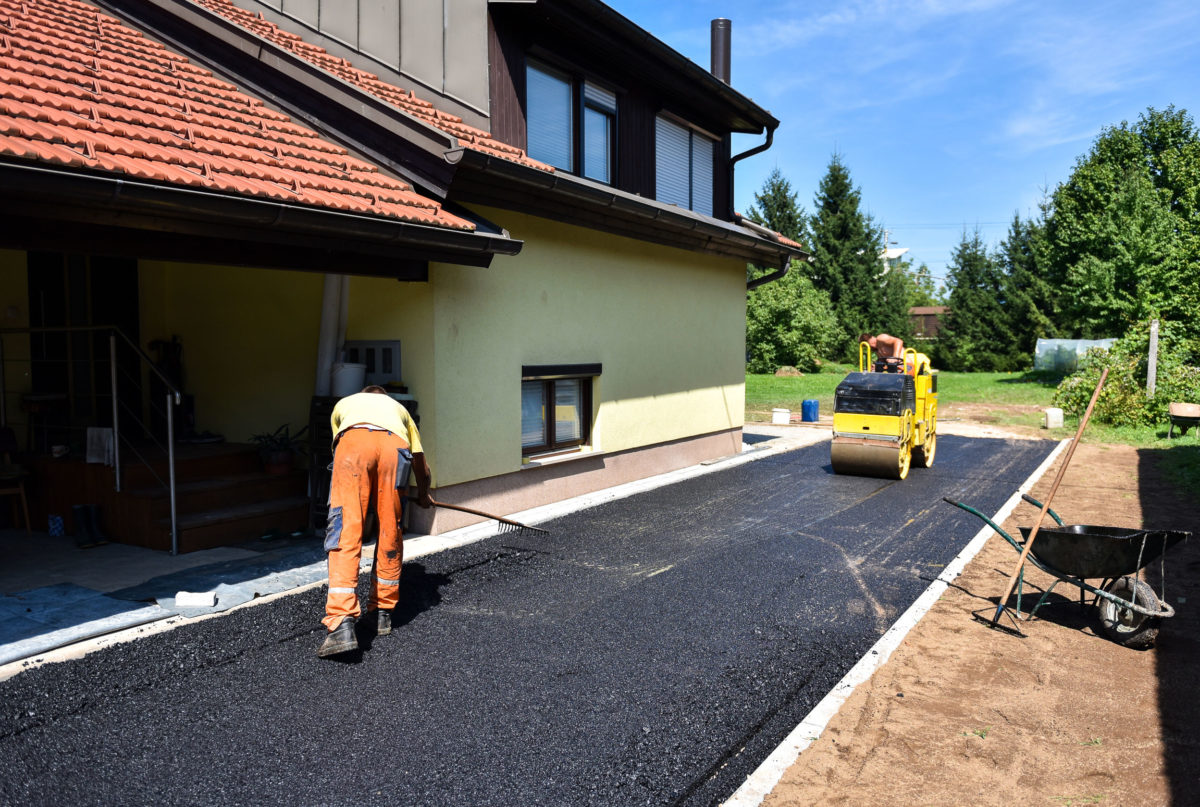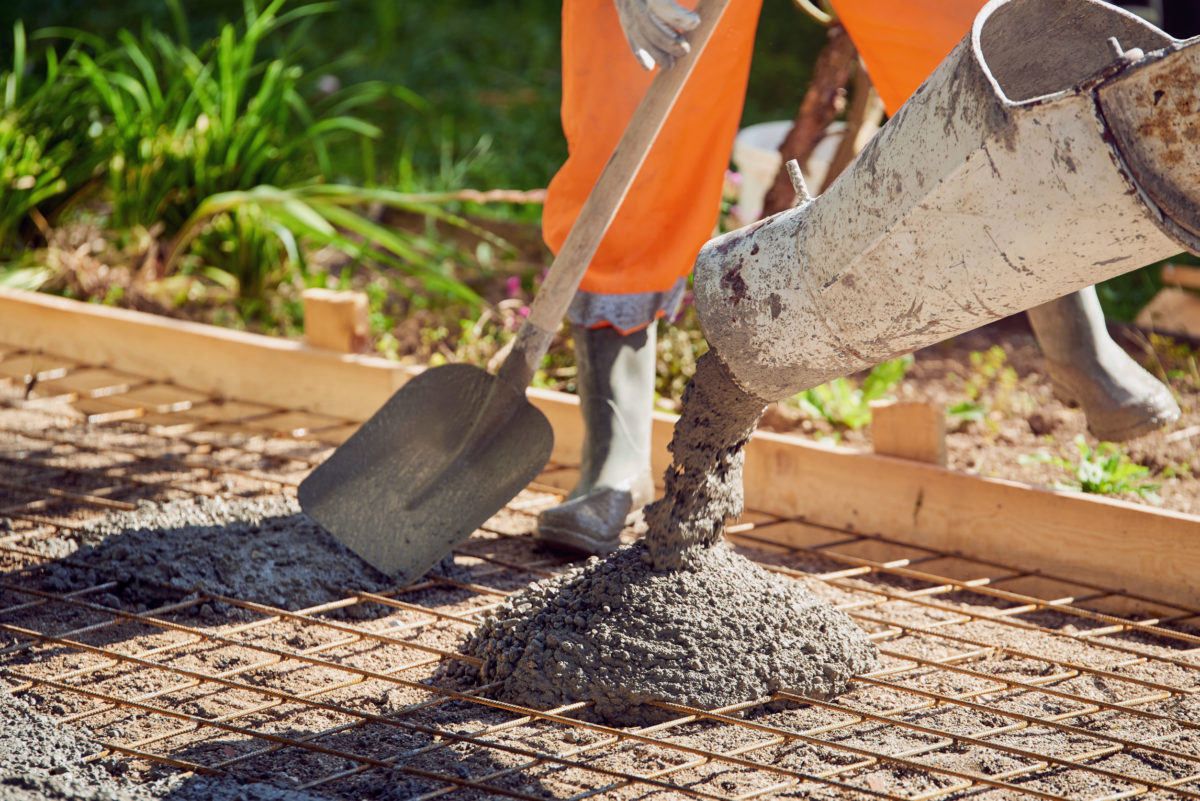Asphalt Alternative: Why RunMat Is Better
Asphalt is in pretty common use when it comes to matting options. It’s been this way for quite some time. You’ve likely seen road crews shutting down lanes to apply fresh asphalt. Almost 100% of all roads are coated with the material. And that’s not all. They are also often used as roof shingles. But is it the best option? How effective is it in comparison to other leading options? Let’s start with a look at what it’s made up of.
It is mainly made of things like sand, rocks, and such. Most of the specific styles of materials will be relative to the region. The other main component is a special liquid paste also made of asphalt. Unlike its coal-tar based counterparts, it’s sourced from crude oil. This helps the mixture to stay coagulated. Roads of all different styles and sizes are generally made up of this. That said, the mixture’s ingredients can vary based on the size of the road.
More on Asphalt
The material is also recyclable. In fact, no other material is recycled as much in its field. With this much excess, quite a bit of asphalt is reclaimed for future use. There are throngs of the material ground up in designated areas. When compared to something like concrete, it is more flexible in nature. But how does it stack up against RunMat? Let’s see!
Even though asphalt is flexible, its life cycle isn’t very long. That means it needs to be replaced fairly often. Also, its upkeep can be quite a bit to deal with. It isn’t very difficult, but it is more time consuming. Even with maintenance, it is vulnerable to cracks and general wear and tear over time. What is a little more difficult though is its application. It takes skilled operators to know when to pour, and how fast to apply the mixture tempering it. The same kind of attention is needed when dressing the cracks that begin to develop. This limits its effectiveness when ranking viable matting solutions.
Why RunMat Is The Best Option
Each of the factors noted assume that the asphalt is applied correctly. This does not account for mistakes in the process. If the pour job isn’t done well, it can cause even more complications down the line. This can spell big expenses and setbacks for your project. And that’s the end of the downsides, either.
As stated, it takes crude to make the asphalt glue. This does not bode well for environmental factors. Its application damages atmospheric integrity. Not to mention, the processing equipment referenced earlier can be very pricey. This makes a less cost-effective option than some of its leading competitors. Case in point, RunMat USA.
RunMat USA
RunMat USA addresses each of the needs that asphalt does. This is at a fraction of the cost, and double the quality and durability. You deserve ground improvement that’s dependable. In need of stable ground solutions? Feel free to reach out to us today!


